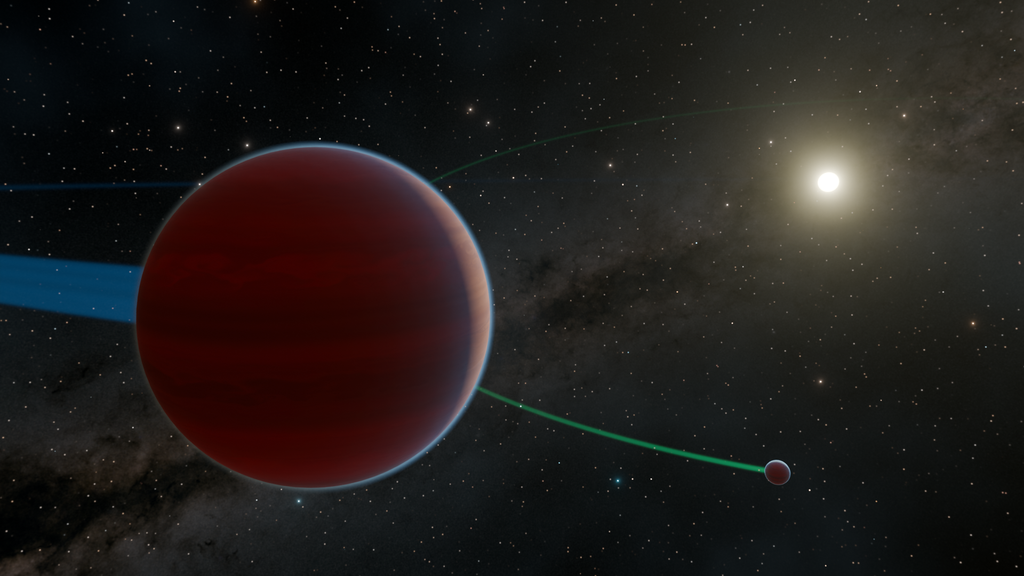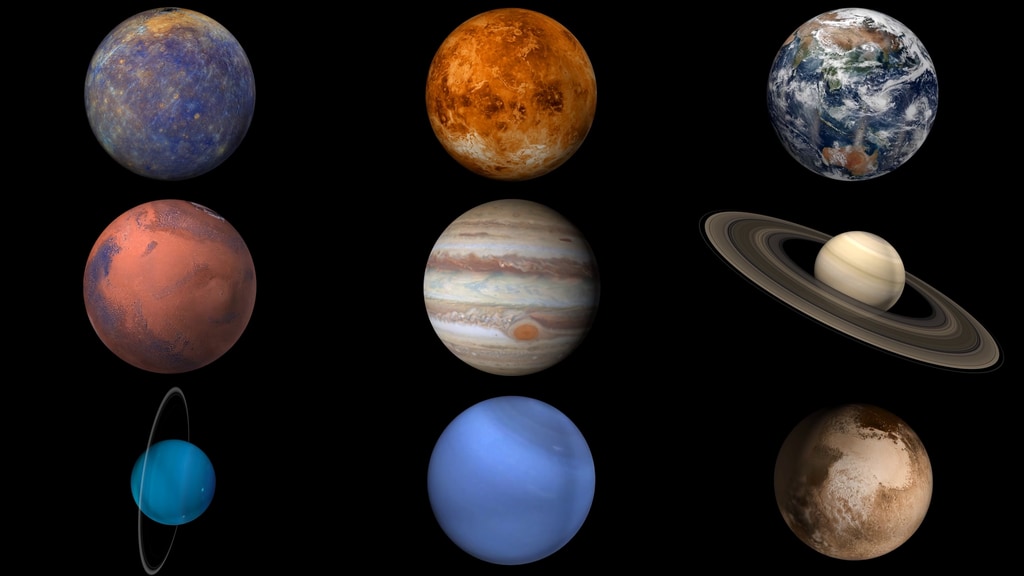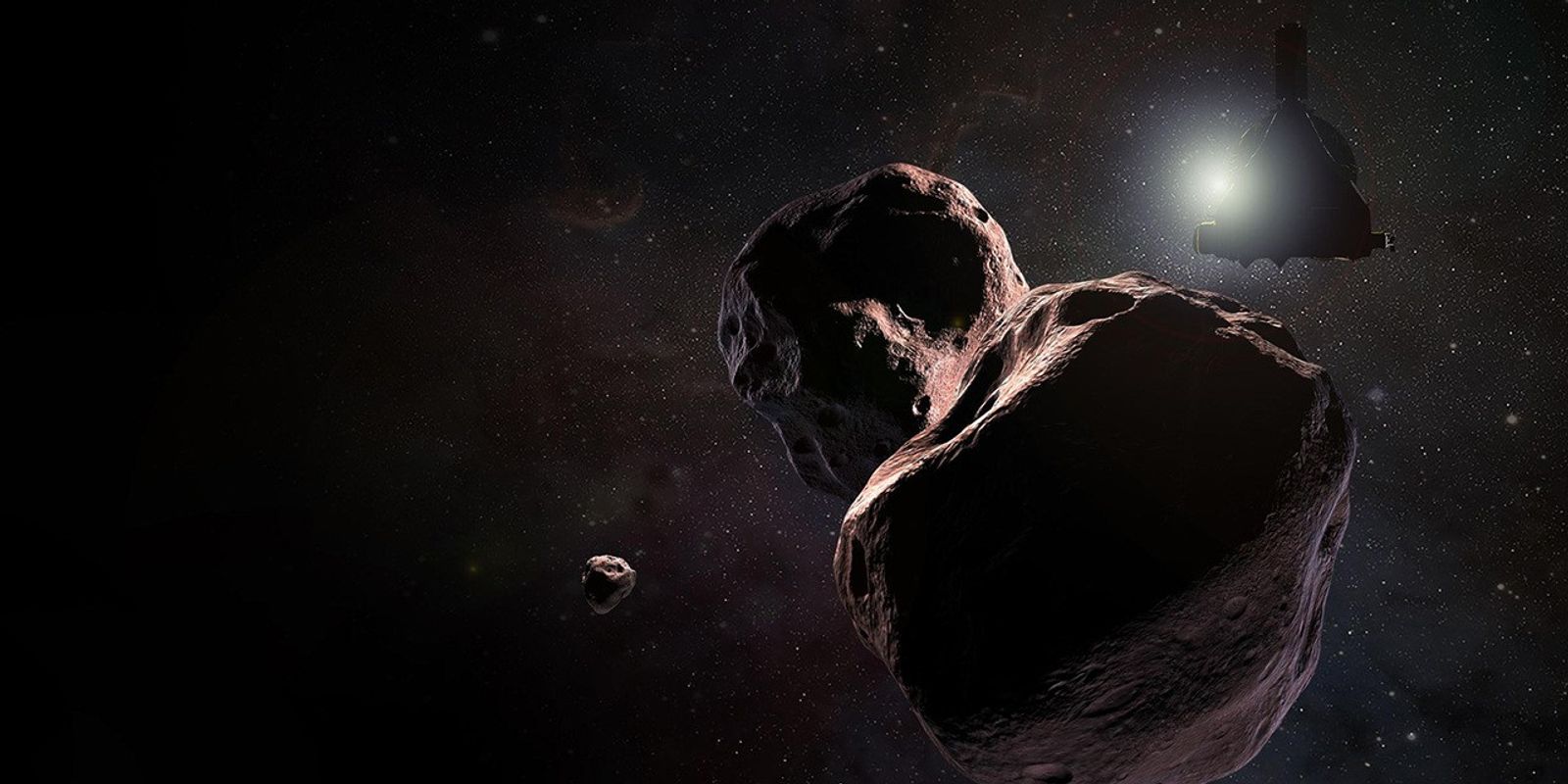First U.S. Asteroid Sample Return
After seven years, the long-awaited OSIRIS-REx sample return is expected to arrive back at Earth on Sept. 24, 2023, with samples from asteroid Bennu. The samples may hold clues to the origins of our solar system and shed light on water sources and organic molecules found here on Earth.
After releasing the sample return capsule, the spacecraft will go into orbit around the Sun.
Asteroids can act as time capsules, preserving the earliest history of our solar system and possibly even chemical signatures of the ancestorial building blocks of life – something scientists could learn more about by studying the Bennu samples in the lab.
From Deep Space to Utah to Houston
The OSIRIS-REx sample return is no simple parcel drop on Earth's front doorstep: OSIRIS-REx must approach Earth at a precise speed and direction to deliver its sample return capsule into Earth's atmosphere.
"If the capsule is angled too high, it will skip off the atmosphere," said Mike Moreau, OSIRIS-REx deputy project manager. "Angled too low, it will burn up in Earth's atmosphere."
A series of maneuvers beginning in July 2023 will bring OSIRIS-REx even closer, to 155 miles (250 kilometers) off the surface, close enough to release its sample capsule for a precision landing – via parachute at the Air Force's Utah Test and Training Range in the Great Salt Lake Desert.
NASA's Johnson Space Center in Houston built a new curation lab specifically to store the sample. Engineers and curation experts are designing specialized gloveboxes, tools, and storage containers to preserve the sample in pristine condition. Johnson will oversee distribution of sample portions to scientists worldwide.




























